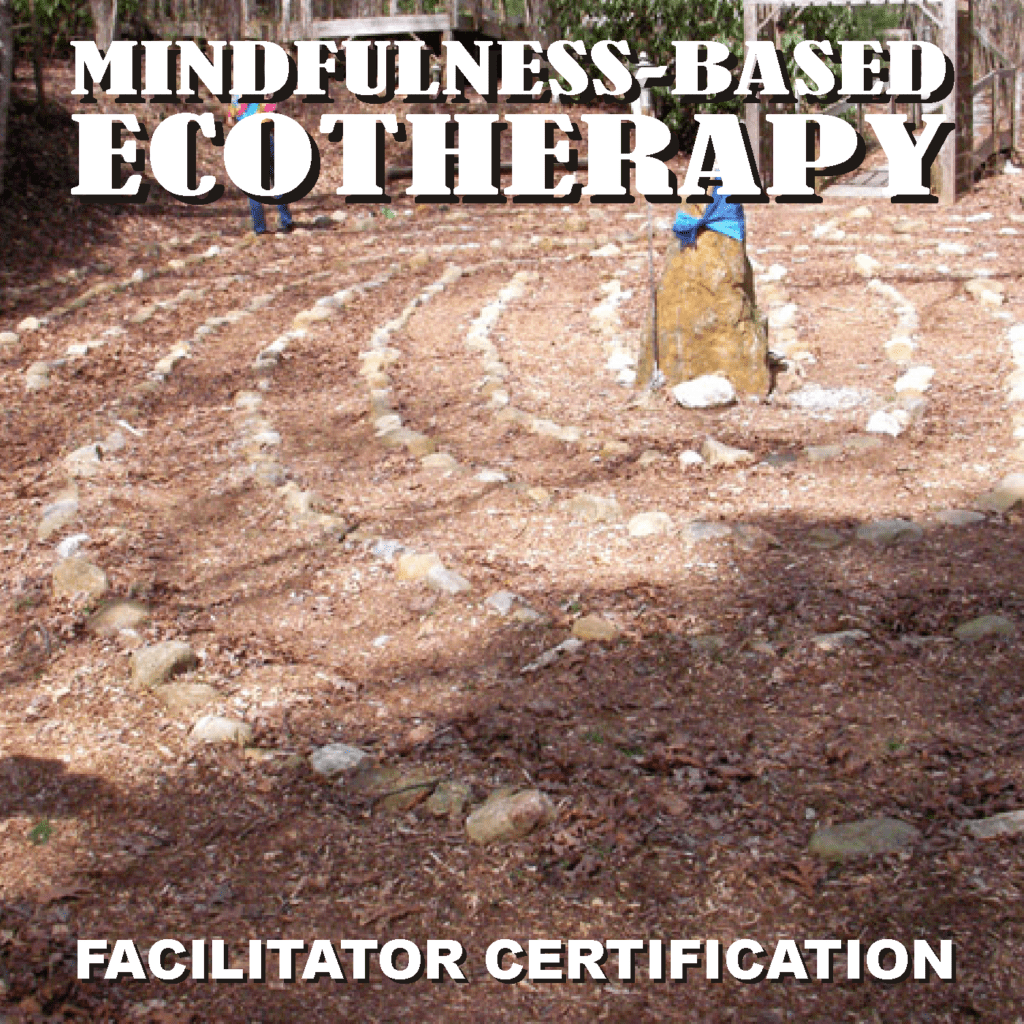
“Happiness is the absence of the pursuit of happiness.”
–Chuang Tsu
Self-control is a requirement for happiness. This quote by Chuang Tsu reminds us that if we are happy, there is no need to pursue happiness, and that if we are pursuing happiness, then it is obvious that we must not be happy! So how can self-control lead to happiness?
Emotional aggression is the pursuit of happiness in unproductive ways. When we act out of emotional aggression, we are trying to get others to be responsible for our happiness. If I rely on others to make me happy, I have just handed control of my life over to others. If others are in control of my happiness, then I can only be happy when they choose to indulge my need for happiness.
The need to control others can sometimes reveal our own insecurities. These insecurities lead to emotional aggression because when we feel vulnerable we feel out of control. When we feel out of control, we sometimes feel that we can regain that control by controlling those around us.
Sometimes the desire to control others manifests in something called self-sabotaging behaviors. A self-sabotaging behavior is a pattern of action that leads us into failure. By deliberately setting ourselves up to fail, we can be attempting to punish those who care about us by punishing ourselves. Sometimes this takes the form of, “I’ll show them! I’ll hurt myself in some way so they’ll regret the way they treated me!”
Ultimately such behaviors are attempts to solicit pity out of others by making them feel guilty. To a person engaged in self-sabotaging behaviors, negative attention is better than no attention at all. In such a case, this person may not know how to seek attention in positive ways, so he attempts to seek attention in the only way he knows how: By injuring himself in some way and hoping this self-injury will cause others to reach out to him.
Another aspect of self-sabotaging is that it is abdicating responsibility to succeed. If I consciously act in ways that go against my own best interests, then I don’t have to try to find a way to be successful. The good news is that you can choose how to feel, and how to behave. In fact, you are the only person who can make that decision for yourself. Another person can never tell you how to feel or how to act.
Self-Control and Beliefs
The key to self-control is to realize that events and circumstances do not cause your reactions. What you believe about events and circumstances cause your reactions. Think about the last time you were stressed out. Were you stressed out because of the events in your life, or were you stressed out because of what you chose to believe about those events? If the stress was a result of the events in your life, then there is nothing you can do to change, and you will never be in control of your own life. You will live like a leaf on the wind, constantly blown to and fro on the winds of chance.
But if the stress was the result of what you chose to believe about those circumstances, then the good news is that you are in control of those beliefs. You can change them so that you are no longer stressed out by life’s bumps and bruises. The choice is up to you. You are in control.
External events – whether in the past, present, or future – cannot influence the way you feel or behave until you become aware of them and begin to think about them. If you had a crisis in your life, but you never knew it happened, would it stress you out? Of course not, because you didn’t even know about it.
So it’s not the events that cause stress. It’s your own beliefs about the events that cause stress. To fear something, or to worry about something, or to react in any other way to something, you have to be thinking about it. The cause of your reaction is not the event – it’s what you tell yourself about the event that causes your reaction.
What are you telling yourself about the circumstances of your life that may be interfering with your ability to control yourself? What alternate narratives could you tell yourself that would increase and enhance your self-control? How can you use your mindful skills to make this happen?



